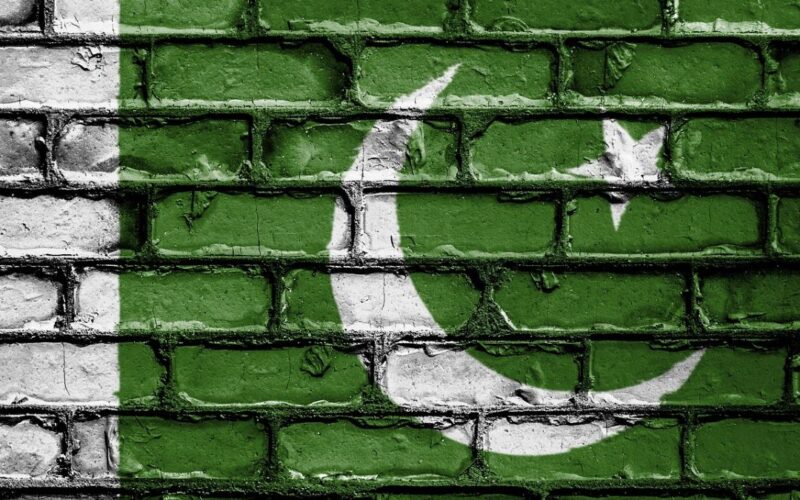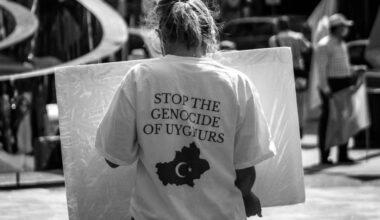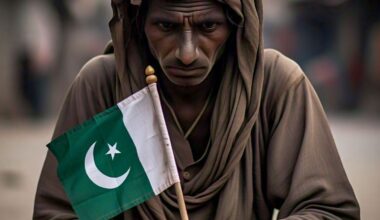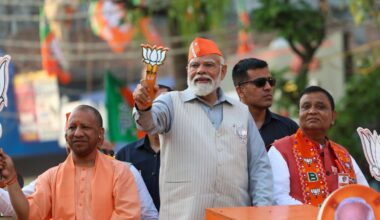In the multi-religious tapestry of Pakistan, the plight of Hindus, one of the largest religious minority groups, remains a concerning and often overlooked issue. Despite constitutional guarantees of religious freedom, Hindus in Pakistan frequently face discrimination, marginalization, and even violence, highlighting systemic challenges that demand attention and action on both domestic and international fronts.
Historical Context and Demographic Profile
Hinduism has deep historical roots in the region that is now Pakistan, with significant Hindu populations residing in areas such as Sindh, Balochistan, and Punjab for centuries. However, decades of social and political upheaval, including the partition of British India in 1947, have led to a decline in the Hindu population in Pakistan. Today, Hindus constitute a minority, accounting for approximately 1.85% of Pakistan’s total population, according to the country’s 2017 census.
Discrimination and Marginalization
Despite constitutional provisions safeguarding the rights of religious minorities, including Hindus, in practice, discriminatory laws, societal biases, and religious intolerance create barriers to full participation and integration for Hindu communities in Pakistan. Hindus often face challenges in accessing education, employment, and political representation, contributing to their socio-economic marginalization.
Forced Conversions and Marriages
One of the most egregious forms of persecution faced by Hindus in Pakistan is the phenomenon of forced conversions and marriages, particularly affecting Hindu women and girls. Reports indicate that Hindu girls are abducted, forcibly converted to Islam, and married off to Muslim men against their will, often with little recourse for legal or societal protection. These incidents not only violate fundamental human rights but also perpetuate inter-religious tensions and communal discord.
Violence and Targeted Attacks
Hindu communities in Pakistan are also vulnerable to acts of violence and targeted attacks, ranging from mob violence to desecration of temples and religious sites. Cases of land grabs, extortion, and intimidation tactics further exacerbate insecurity and fear among Hindu populations, compelling many to flee their homes and seek refuge elsewhere.
Advocacy and International Concerns
While civil society organizations within Pakistan and international human rights groups continue to advocate for the rights of religious minorities, including Hindus, much more needs to be done to address the systemic issues underlying their persecution. Calls for legal reforms, enhanced protection mechanisms, and greater accountability for perpetrators of violence against Hindus remain critical in fostering a more inclusive and tolerant society in Pakistan.
The persecution of Hindus in Pakistan is a complex and multifaceted issue that demands urgent attention and concerted efforts from all stakeholders. By acknowledging the systemic challenges faced by Hindu communities, combating discrimination and intolerance, and upholding the principles of religious freedom and human rights, Pakistan can move towards a more just and inclusive society for all its citizens, regardless of their religious affiliation.
International solidarity and advocacy play a crucial role in amplifying the voices of those affected by persecution and holding governments accountable for ensuring the protection and dignity of religious minorities. Only through collective action can the cycle of persecution be broken, paving the way for a more harmonious and equitable future in Pakistan and beyond.










